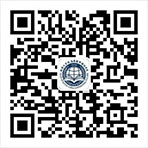
Co-hosted by the Social Sciences in China Press (SSCP) and Tongji University, and co-organized by the School of Political Science & International Relations (SPSIR) and the Institute for China & World Studies of Tongji University and Shanghai Association for International Studies, the 2nd Forum on China & World Studies & Seminar on 'Strategic Mutual Trust and Value Consensus in the Era of New Globalization' was held in Tongji University on May 27, 2017. Dozens of experts and scholars from Tongji University, SSCP, Shanghai Institutes for International Studies (SIIS), Tsinghua University, Fudan University, the Party School of the Central Committee of CPC, Shandong University, Jilin University, Nanjing University, Sun Yat-sen University, Xiamen University, China University of Political Science and Law (CUPL), East China Normal University, and Shanghai International Studies University (SISU) were gathered at Tongji to discuss major issues facing the world in the era of new globalization and China's strategic response. The meeting brought together creative consensus and intelligence to showcase the logic and future direction of China-world relations. Sun Hui, deputy chief editor of SSCP, and research follow Yang Jiemian, president of Shanghai Association for International Studies, attended the opening ceremony and delivered speeches. Prof. Jiang Bo, vice president of Tongji University, participated in some agendas. The opening ceremony was moderated by Prof. Men Honghua, Dean of SPSIR.

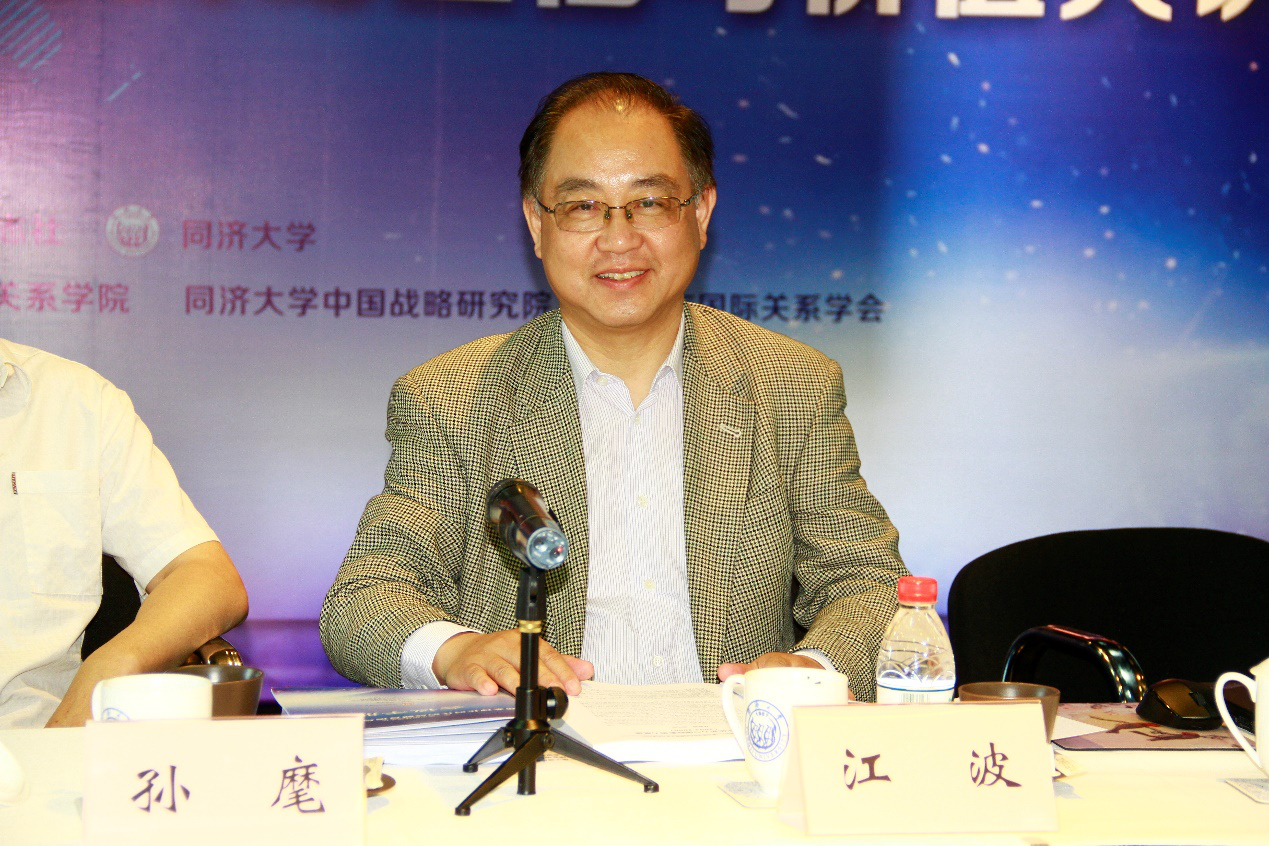
As the designer of the conference theme, SSCP deputy editor-in-chief Sun Hui stated in his speech that this forum is a grand event bringing together well-known scholars from international studies, economics, political science, philosophy and many other disciplines. He pointed out that globalization is a multi-dimensional concept, and in the era of globalization, the world is full of diversity instead of single society. China has restarted the reform of the global governance system with the concept of 'new globalization'. It is committed to solving problems in the process of globalization and promoting the social and historical development by building strategic mutual trust and reaching consensus on values, so that mankind can share the fruits of globalization. With a focus on major issues in the development of China and the world, we have put forward ideas, propositions and programs that reflect China's position, wisdom and values, enabling the world to better understand China through its academics, theory and philosophy and social sciences. This is not only the responsibility for Chinese scholars, but also the meaning of this forum.
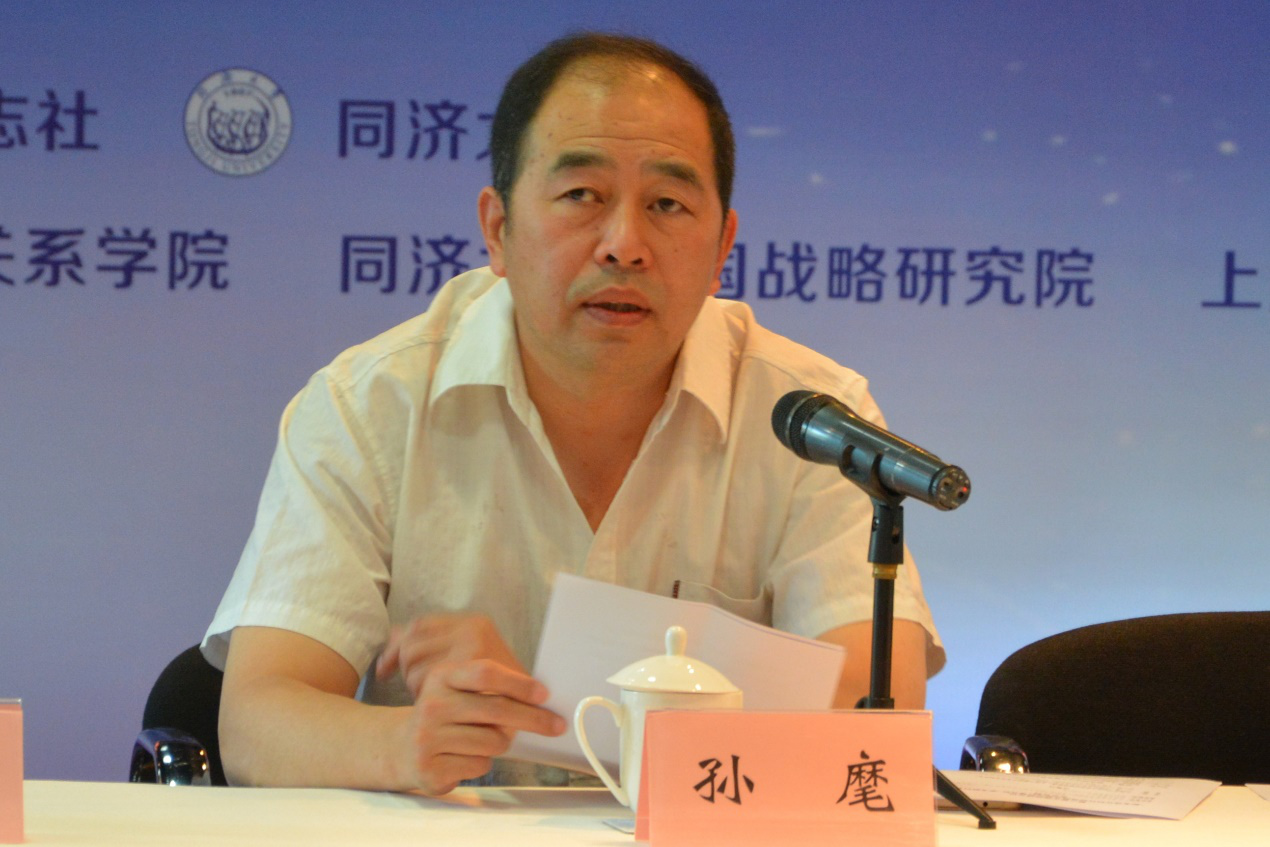
Researcher Yang Jiemian, president of Shanghai Association for International Studies and director of the Academic Committee of SIIS, also congratulated the holding of this forum. He said that as a beneficiary of globalization, China should not cope with criticisms about 'de-globalization', 'anti-globalization' and 'reverse globalization' from a traditional perspective. In fact, “the new era of globalization” is a research topic with so much potential. Regarding how Shanghai’s academic circle of international studies engages in globalization research, Yang noted the necessity of catching the point, defining priorities, and making highlights.
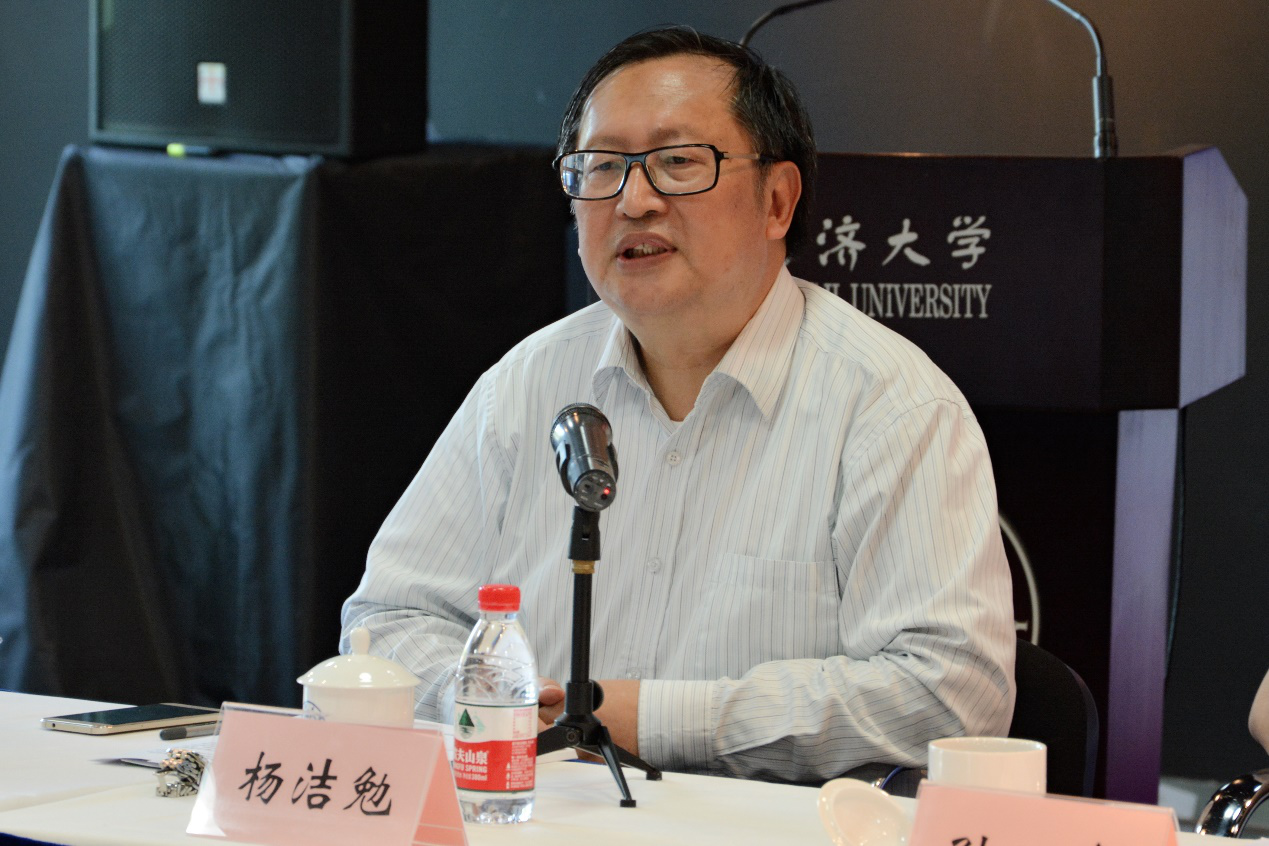
Next, some participants delivered pioneering keynote speeches with academic rationality in four breakout sessions according to the agenda set by the organizing committee.
The first session 'Logic of New Globalization and China's Development' was moderated by Yang Jiemian. Prof. Wu Xiaoming from the School of Philosophy of Fudan University delivered a speech entitled 'The Chinese Approach Opens a New Type of Strategic Mutual Trust and Value Consensus'. Yang Faxi, director of the International Department of the Qiushi Magazine, gave a speech entitled “Promoting Peace for Later Generations - the Strategic Value of the Concept of a Global Community of a Shared Future in the Era of Global Village”. Prof. Zhou Tianyong, vice president of the Institute for International Studies, the Party School of the Central Committee of CPC, explored 'The Middle-Income Trap and the Possible Way to Avoid It' from an economic perspective. At the end of this session, Prof. Bao Xinjian, vice president of the Chinese Association of Political Science and dean of the School of Political Science and Law, University of Jinan, made a concise summary and commentary on the above speeches.
The second session 'Reverse Globalization: Issues and Impacts' was moderated by Li Fang, director of the Marxism Department of SSCP. Prof. Ye Xianming from the School of Marxism Studies, Zhejiang Normal University delivered a keynote speech entitled 'A Methodological Criticism about Reverse Globalization'. Prof. Wu Xinbo, director of the Institute of Chinese Studies, SISU, explored the “Complementarity and Co-Governance of Global Governance: Logic, Path and Method” from the perspective of Chinese and Western studies. Prof. Li Bin from School of Government, Nanjing University delivered a keynote speech entitled 'Finding a New Consensus and a New Approach for Economic Globalization'. Lastly, Prof. Wu Xiaoming reviewed the speeches from a philosophical perspective.
The third session 'Consensus of Values in the Era of New Globalization' was moderated by Prof. Zheng Chunrong, associate dean of SPSIR. Prof. Bao Xinjian delivered a keynote speech entitled 'A New View of Civilization: Choice of Values in the Face of New Globalization'. Prof. Li Yitian from the School of Marxism, Tsinghua University discussed 'A Global Community of Shared Future and the New Concept of Global Justice'. Prof. Zhan Xiaomei from the School of Marxism, Sun Yat-sen University made an analysis in her speech entitled 'Spatial Integration of Mutual Learning among Civilizations in the Era of New Globalization'. Prof. Qiu Huafei, director of the Academic Committee of SPSIR, elaborated on the 'Theory and Practice of Building a Discourse on the International Order with Chinese Characteristics'. Prof. Liu Zhiyun from the School of Law, Xiamen University gave a speech on 'Value Consensus between Countries and Development of International Law – Also on China's Strategy in the Era of New Globalization'. In the end, Prof. Xia Liping from SPSIR commented on the above speeches.
The fourth session 'Strategic Mutual Trust and Basic Orientation of China's Grand Strategy' was moderated by Prof. Han Xiping, dean of the School of Marxism, Jilin University. Tongji Distinguished Professor Men Honghua, dean of SPSIR, made an analysis in his speech entitled 'China's Strategic Response to Global Governance Crisis'. Prof. Zhang Zhongxiang, director of the Center for African Studies of Shanghai Normal University, talked about his thoughts in his speech entitled 'Building a China-Africa Community of Shared Future and Shared Interests: Foundation, Challenge and Path'. Prof. Liu Zhenye, deputy director of the Globalization and Global Issues Institute at China University of Political Science and Law, elaborated on the 'Connotation of the New Era of Globalization and China’s Development Strategy'. Prof. Wang Chuanxing from SPSIR delivered a speech on 'The Theme of the Great Era and China's Strategic Choices amid Transformation of the International System'. Finally, Prof. Li Bin summarized and commented on the above speeches.
At the closing ceremony, Dean Prof. Men Honghua, president of the Institute for China & World Studies of Tongji University, summarized and commented on the 2nd forum. Famous experts from different disciplines gathered together to explore the open, inclusive and forward-looking theme of 'Strategic Mutual Trust and Value Consensus in the Era of New Globalization'. In particular, the guests all have made notable accomplishments in their own research field, which is unmatched by most academic conferences in China. On the one hand, this forum pays close attention to the transformation of the world, and on the other hand, it focuses on the comparison of major powers and historical experience. It examines and analyzes the history of globalization from perspectives of philosophy, economics, political science, and Marxism international relations. It also reflects on the global problems and causes from the philosophical perspective of modernity and justice. Meanwhile, it carries out ideological innovation to seek value consensus and strategic mutual trust in combination with China’s ambitious goal, with an aim to move towards the era of a new China-centric globalization. The ambitious goal of the Chinese nation is to maintain mutual trust among major powers and lead global governance. As such, we should not only have a down-to-earth attitude but also stay romantic, in an effort to turn international co-governance into reality. In this sense, we always believe that the era of new globalization is an era of openness, and also an era in which China can make a difference in the international community, he said.
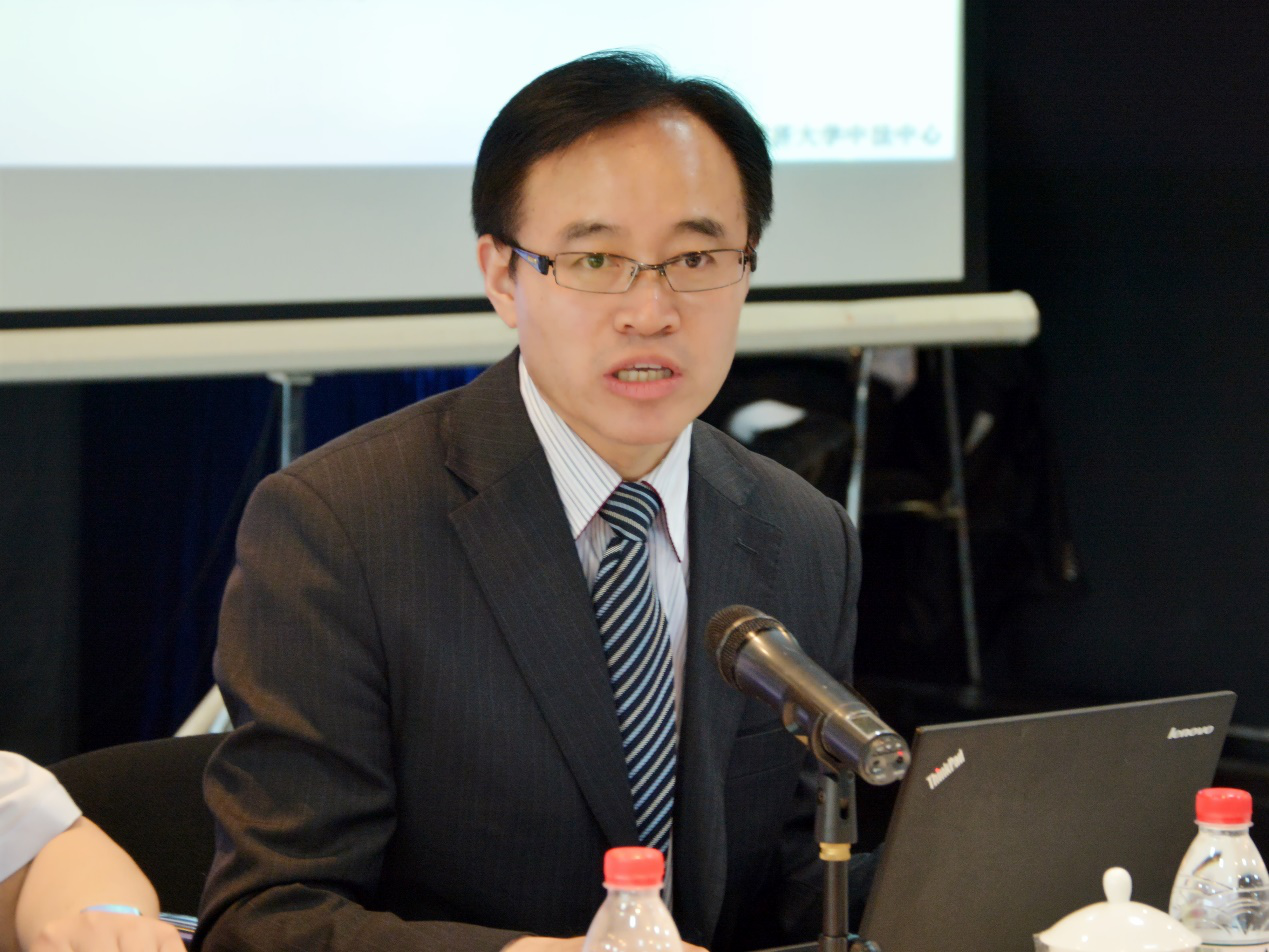
On behalf of Tongji University, Prof. Men thanked the guests for their insights and contributions to today’s meeting, and looked forward to more of such high-level and meaningful discussions in the future. Then, he thanked every participant for their long-term support and help to Tongji. Some teachers here have participated in this forum twice and have given the hosts precious help and support; others have come here for the first time, and they are very welcome to visit Tongji regularly like “calling on relatives”. Finally, Prof. Men thanked all the staff members for their efforts to ensure the smooth holding of the meeting, which is also commendable.




